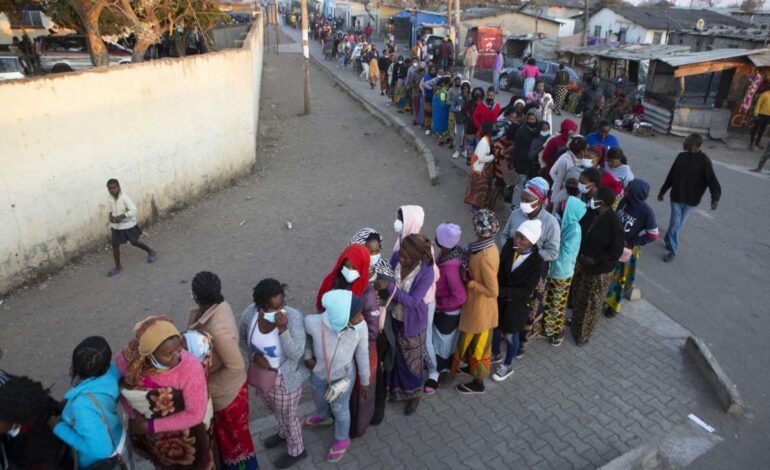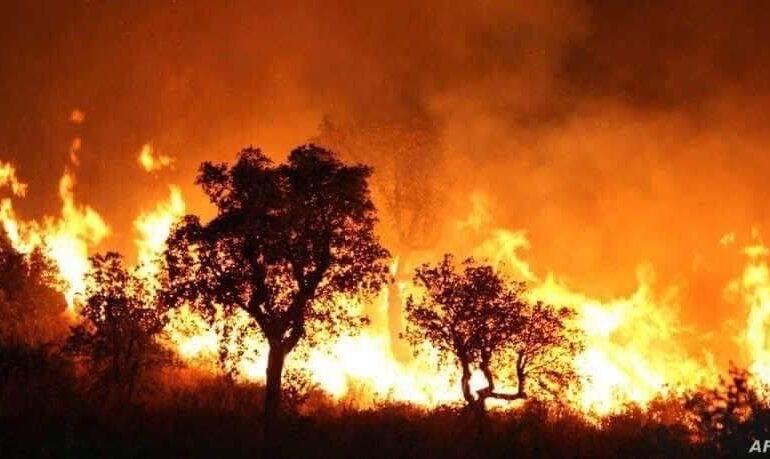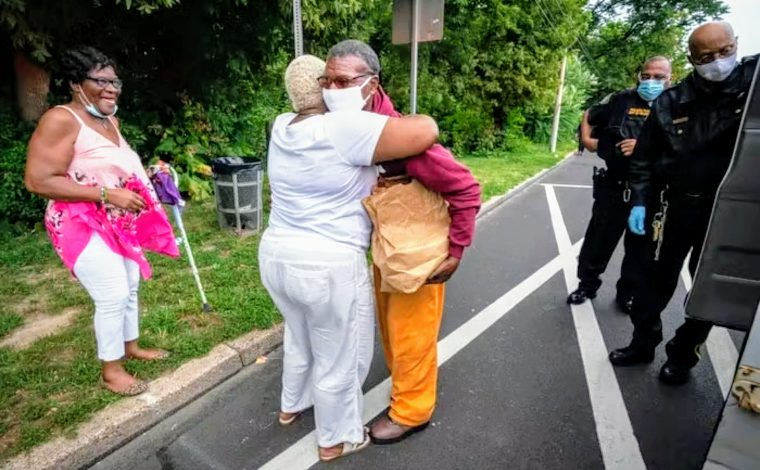
By Canisius Mushibwe
Will Zambia’s new leadership salvage the economic nosedive?
Zambia heads to the polls today on August 12, with an election period characterized by violence, killings and unrelenting drama.
Zambians will decide who is going to be president,156 members of parliament and who will be part of the 117 district council leaders.
Although there are 16 political parties vying for the top seat of the country, all eyes are on two political parties, the incumbent President Edgar Lungu’s Patriotic Front (PF) and the leading opposition United Party for National Development (UPND) led by Hakainde Hichilema fondly known as HH.
The locals may describe this year’s electoral process as unique since it is affected by the Covid-19 pandemic leading to the suspension of public rallies by the Country’s electoral commission.
However, politicians were allowed to campaign virtually and conduct door-to-door campaigns.
According to the Media Institute of Southern Africa (MISA) ”Zambia 2021 Voters Voice reports”, public media with national coverage prioritized their reportage on the ruling Patriotic Front Party Campaigns while some political parties did enjoy nearly as much.

Opposition parties complained bitterly over the nationwide visits by President Lungu conducted during the campaign period which was under the guise of Covid-19 sensitization, where he distributed preventative materials but in turn attracted thousands of people abrogating his own Covid-19 guidelines.
Later UPND followed suit but was blocked most of the time by police.
Hichilema has so far lost five of the elections he has contested.
Africa Confidential reports that independent polling, interviews with voters, and turnout at rival party rallies suggest that UPND seemed to have greatly boosted its support since the disputed 2016 elections when Hichilema lost to Lungu by less than 100,000 votes.
However, it will take more than popular support to win.
The report says PF activists are determined to hang on to power as they fear prosecution for corruption should HH win.
It further states that the introduction of biometric voter verification by the Electoral Commission of Zambia (ECZ) in fundamental urban constituencies where UPND has been building support will deter electorates.
It will also create confusion in instances where electoral officials haven’t had enough training.
It is alleged that information is already spreading and the incumbent will ensure they win the elections. Threats of shutting the internet services and the nationwide power cut on August 8 have raised a lot of concern.
President Lungu started his journey as the first citizen of Zambia in 2015 after the death of his predecessor and founder of the PF party, Micheal Sata in 2014.
He was re-elected in 2016 which was meant to be his second term but according to legal experts, Lungu is eligible to be a candidate this year because he did not get a full term when he succeeded his predecessor.
Other legal practitioners say Lungu has held office twice and as per constitutional provisions, he is not eligible to contest a third term.
Following this, there were several appeals at the constitutional court but none was successful.

During campaigns, violence took center stage with many losing their lives during commotions. As a result, Lungu ordered the Zambia defense forces to intervene. Troops were deployed in the streets of Lusaka and some violence hotbeds.
The move disheartened the only surviving member of the first cabinet office established after independence, Sikota Wina. He said it was quite ridiculous that even 57 years after independence, the country could not handle mere campaigns after until soldiers had to be deployed.
What voters seek after the elections are over is the boosting of the economy and management of the country’s debt, alongside mitigation of unemployment levels.
The International Labour Organisation says that the unemployment rate hit a 10-year high in 2020. The local kwacha currency also depreciated by about 40 per cent since January 2020, making life more expensive for the local citizen.
It is still unclear who will emerge victorious as some analysts say the election is too close to call. Some others foresee a re-run if no candidate attains a 50 percent plus one vote.





